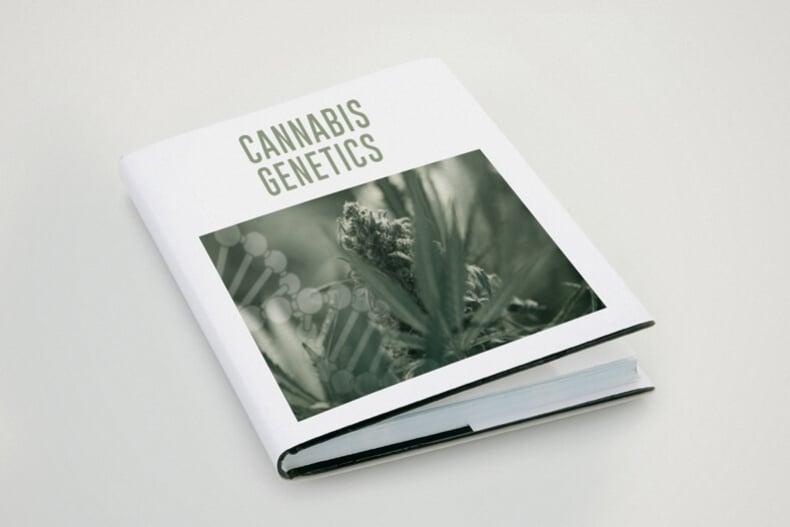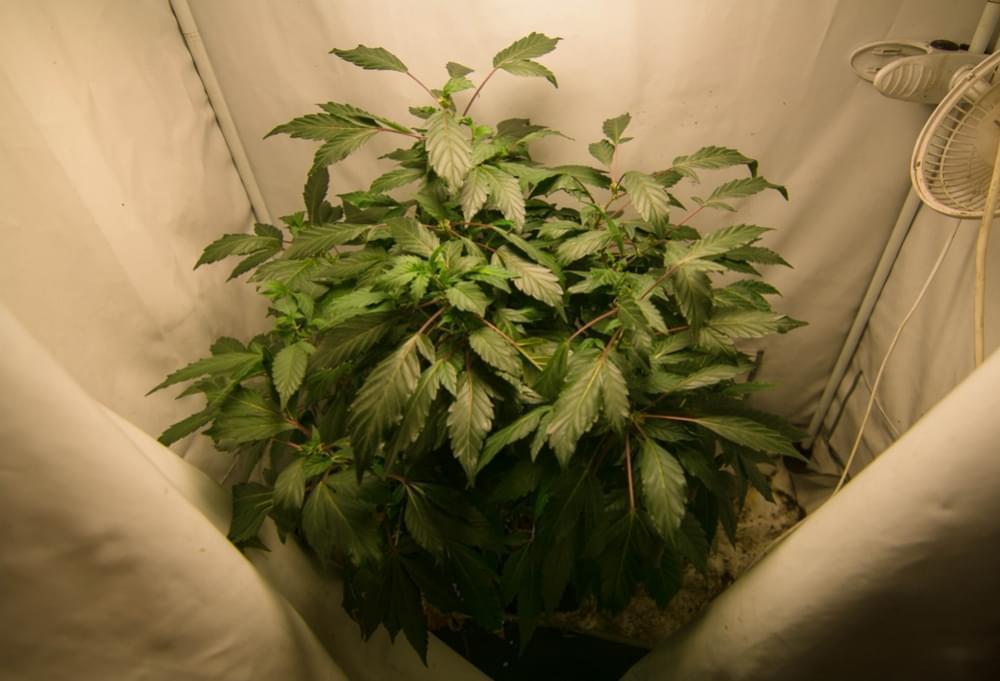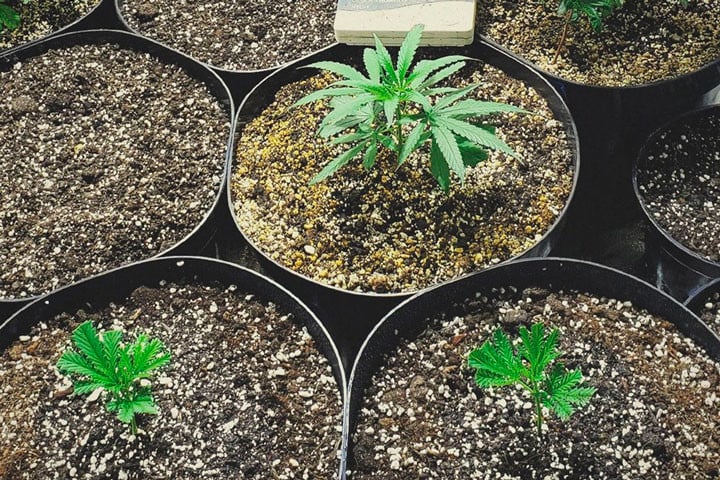.
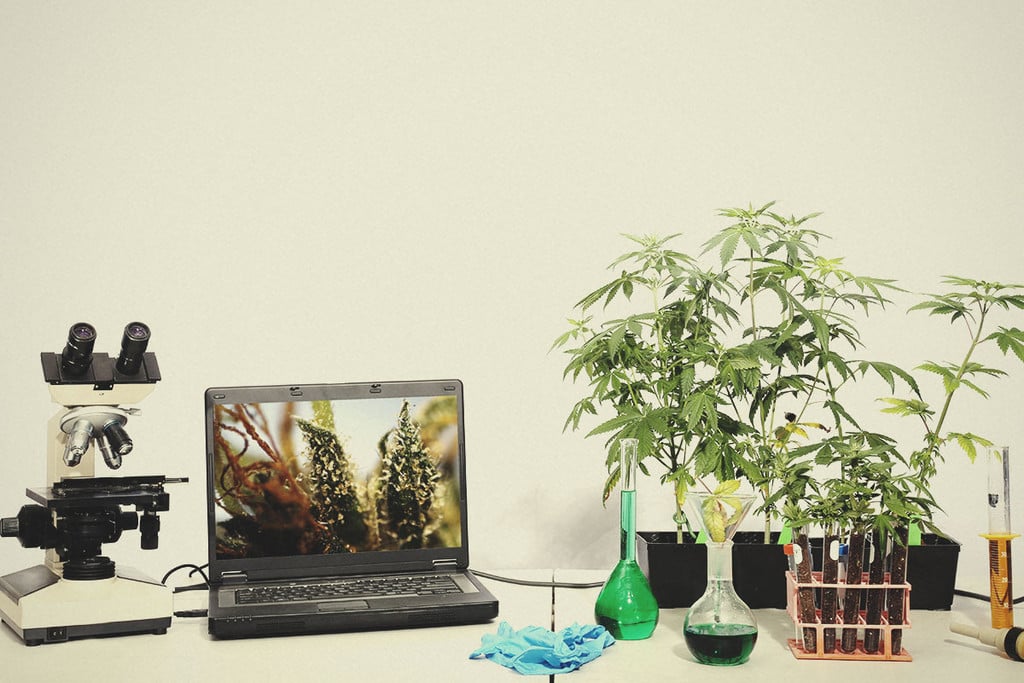
Should We Grow Genetically Modified Cannabis (GMO)?
These days, humanity has the capabilities to splice any genes into any DNA sequence. And this, of course, is happening to cannabis too. From isolating rare cannabinoids to growing THC-rich bacteria, the possibilities are weird and wonderful. But is GMO weed safe, and should we be using it?
Contents:
GMOs are everywhere these days, even if you had no idea. But what does GMO stand for? GMO means genetically modified organism. These are organisms whose genes have been artificially altered to give them certain traits.
But is there genetically modified marijuana out there? Yes, there is.
Genetic modification is a very controversial subject. Little-understood and highly complex, it offers humanity and the environment profound opportunities, but also comes with profound risks. So, is GMO good or bad? And should we be smoking GMO weed?
What Is GMO?
GMOs are organisms produced by inserting genetic material (sometimes from another species) into their own genetic sequences to cause them to exhibit some desirable trait. Whatever your take on it, it’s surely incredible stuff.
The World Health Organisation (WHO) defines GMOs as follows: “Genetically modified organisms (GMOs) are plants, animals or microorganisms in which genetic material (DNA) has been altered in a way that does not occur naturally by mating and/or natural recombination”.
There are several different ways to genetically modify an organism.
DNA Transference Through Biological Vehicles
We should never underestimate the power of nature. There are various organisms existing in the natural world that have the power to alter the genetic sequences of others. By manipulating these functions, we are able to insert DNA of our choice into living cells.
Agrobacterium tumefaciens
This is a type of bacterium that organically mutates the cells of plants, causing them to grow tumours. In the 70s, it was discovered that by deleting the bacterial plasmid that caused this mutation and replacing it with the desired genetic sequence, Agrobacterium could be used to genetically engineer plants. This is one of the oldest and most widely used methods of genetic modification for plants.
Genetic Transformation via Virus
This works in a similar way to Agrobacterium. Viruses work by infecting cells with stray genetic sequences and turning them into virus factories. By manipulating the ways in which viruses themselves manipulate cells, we are able to implant DNA sequences of our choosing.
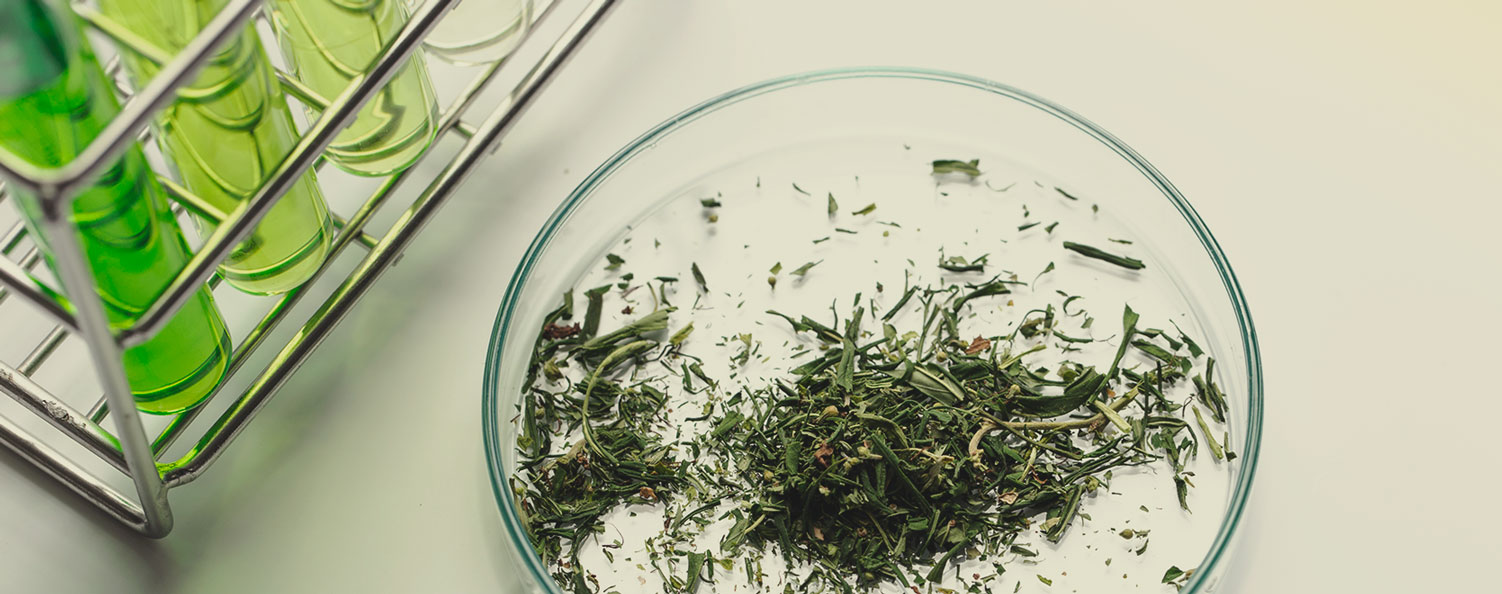
Direct Transference
As well as using organisms as intermediaries, we can also directly genetically modify organisms. However, this approach can be a little more scattergun (literally), and tends to be less efficient.
Gene Guns
Gene guns, or biolistic particle delivery systems, fire tiny pellets of heavy metal coated in desirable genes at the organism of interest. The ratio of success is fairly low with this method. But if successful, the pellets penetrate the cells and integrate the genetic codes on the pellets with those of the cells. It can be used to change DNA, RNA, and proteins.
Microinjection
This is as it sounds. Genetic material is injected directly into the pronucleus of a cell using a micropipette. Though relatively simple (in terms of genetic modification), it is not the most reliable method.
Electroporation
This method involves passing a huge electrical current through cells. In doing so, the cell walls become temporarily permeable. They are then susceptible to transfection of foreign DNA into their nuclei. This is a fairly reliable method, more so than chemical exposure, and is often used to affect the plasmids of bacteria and viruses that will then be used to modify other cells.
Genetic Engineering
Though genetically engineered organisms and genetically modified organisms are often grouped together, biologically the process is quite different. Bioengineering is a far more precise and controlled process whereby we are able to implant specific genes straight into organisms with a high degree of accuracy.
CRISPR Cas9 and TALENs
These are more modern, and far more profound genetic engineering techniques. CRISPR Cas9 is a protein found in certain bacteria that allow them to defend themselves. Essentially, it is an immunological protein. By harnessing it, we are able to quite literally cut genetic sequences and replace the removed section with any gene of our choice.
Chemical Exposure
By exposing cells to particular chemicals or radiation, we are able to modify their genes—or induce mutagenesis.
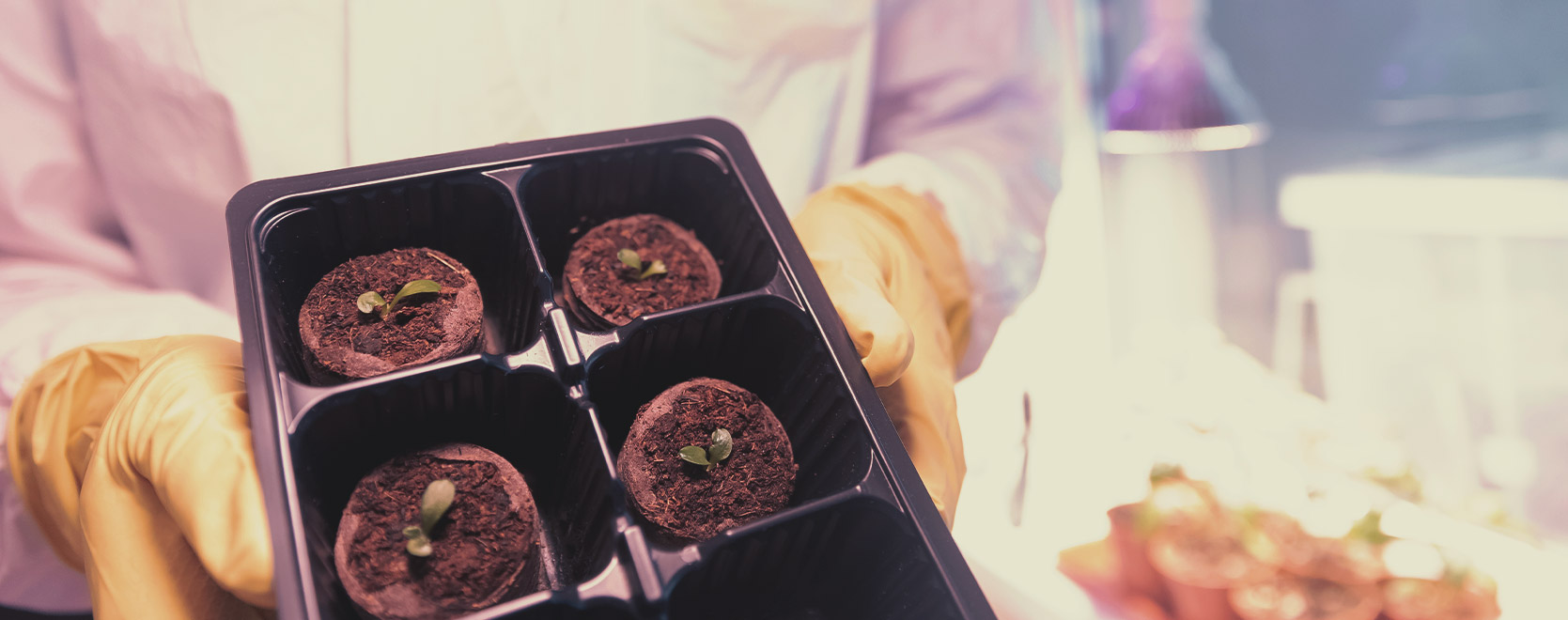
Genetic Engineering vs Selective Breeding
Some argue that genetic modification is just an accelerated version of selective breeding, and is therefore little different from an organic process. Whichever side of the debate you're on, it’s important to recognise that this is untrue.
Selective breeding can only utilise genes from the same species, or incredibly similar species. Take this example: the highest-yielding cannabis plant from a crop will be the one that subsequent plants are grown from. By inbreeding these plants, the genes responsible for the large crop will, over time, become stabilised. Then, this new strain could be bred with great-tasting ones or super-potent ones, inbred, and stabilised. This is selective breeding.
However, with genetic modification, genes can be taken from another organism—usually similar, but it could be anything—and spliced directly into a plant. This is how they make, for instance, pesticide-resistant crops. There would be no other way to introduce these genes into plants, other than crossing your fingers and hoping that a random mutation causes them to appear.
So, genetic modification is not only a matter of speed, but fundamentally means that any trait can be taken from any organism and spliced into something else. Terrifying? Probably. A bad thing? Maybe not.
Is There a Problem With GMOs?
So, are genetically modified organisms problematic? It is an incredibly controversial debate, with many people totally polarised on the issue. Certainly, genetic modification carries some huge potential risks. But if managed responsibly (admittedly, something humans don’t excel at), then it could change the world and remove a whole host of problems that have plagued us since the birth of life.
Pros of GMOs
Some of the benefits of GMOs are:
| Drought-resistant crops | Easier to grow in drier countries, saves water. |
| Higher-yielding crops | More food for less investment, feeding more people for less money. |
| Pest-resistant plants |
Leads to lower pesticide use and less crop loss. |
| Immediate introduction of desirable traits |
Saves years of research. |
| Doesn’t appear to inherently cause health problems |
Genetically modified foods have been eaten for decades with no clear associated health problems. |
| Increase photosensitivity levels |
Increases yield and decreases the amount of power necessary to provide ample light. |
| Virus-resistant plants |
There are certain infections for which there is no cure, such as TMV or HpLVD, but by genetically modifying plants, they can become resistant to these. This would make supplies much more stable and predictable. |
| Drought-resistant crops |
|
Easier to grow in drier countries, saves water. |
| Higher-yielding crops |
|
More food for less investment, feeding more people for less money. |
| Pest-resistant plants |
|
Leads to lower pesticide use and less crop loss. |
| Immediate introduction of desirable traits |
|
Saves years of research. |
| Doesn’t appear to inherently cause health problems |
|
Genetically modified foods have been eaten for decades with no clear associated health problems. |
| Increase photosensitivity levels |
|
Increases yield and decreases the amount of power necessary to provide ample light. |
| Virus-resistant plants |
|
There are certain infections for which there is no cure, such as TMV or HpLVD, but by genetically modifying plants, they can become resistant to these. This would make supplies much more stable and predictable. |
These are just some of the applications of genetic engineering, and no doubt more will appear as the technology becomes more widely used and experimented with.
Cons of GMOs
But it’s not all good, and there are legitimate concerns with GMOs:
| Contamination of natural plants | There are pesticide-resistant plants now found across the world. |
| Reduces gene pools | GMOs often outcompete natural rivals, threatening large-scale extinction of natural varieties of organisms. |
| Playing God |
Some say that we are delving too deep into the nature of things, and that it is not our place to do so. |
| Fairly unregulated industry |
With short testing times. |
| Monopolisation |
Companies that develop and patent GMOs are likely to have an extreme advantage over rivals. |
| Contamination of natural plants |
|
There are pesticide-resistant plants now found across the world. |
| Reduces gene pools |
|
GMOs often outcompete natural rivals, threatening large-scale extinction of natural varieties of organisms. |
| Playing God |
|
Some say that we are delving too deep into the nature of things, and that it is not our place to do so. |
| Fairly unregulated industry |
|
With short testing times. |
| Monopolisation |
|
Companies that develop and patent GMOs are likely to have an extreme advantage over rivals. |
GMO Cannabis: What, and How?
Are there GMO weed strains? In short, yes. It’s not entirely clear when the first ones arrived; it’s a debated topic. However, Trait Biosciences has created one of the first fully transformed plants, and it is patent-pending. In Israel, where GMO technology is cutting-edge, there are some examples of genetic engineering with cannabis. Basically, it’s now happening everywhere it’s legal.
For instance, CanBreed in Jerusalem has bioengineered cannabis plants that are resistant to powdery mildew, a common fungal pest. This is a real-life example of plants that make farming both cheaper and more sustainable. On a large scale, reducing crop loss due to common problems can have a massive impact. In wider agriculture, it greatly increases food security too.
What’s Different About Genetically Modified Weed?
Genetically modified cannabis doesn’t just feature bigger yields and faster growth. In fact, these are some of the hardest traits to realise, as they require many, many genes. At first, you may notice no obvious difference with a genetically modified plant. It is only over time, as a variety of genes accrue, that obvious changes become apparent.
As cannabinoids are only produced in large quantities within the trichomes—resinous glands found mainly on the outside of cannabis flowers—a lot of biomass goes to waste in operations that grow cannabis specifically for the buds. In other words, you wait 2–3 months to harvest a tiny portion of the plant.
So, with genetic engineering, it is hoped that we will be able to grow cannabis plants that produce cannabinoids throughout their structure, in greater numbers. This would be done by modifying the cannabinoids so they become water-soluble, rather than fat-soluble.
This means that, potentially, cannabinoid-rich leaves could be continually harvested by keeping photoperiod plants in the vegetative phase. Alongside being more profitable, this would make the carbon footprint of each plant much smaller. Not only would it make growing a more efficient process, but these developments mean that cannabis will move away from oils and flower, and could easily be made into almost any product—with the cannabinoids of your choice.
But things get weirder. Some people believe that the cannabis plant is just not the best vessel to harvest cannabinoids from. Therefore, scientists are trying to implant bacteria with genes necessary to spew out the desired cannabinoids in high quantities, with little input. This is also how insulin is produced, by modifying yeast to make it produce insulin instead.
Other developments include strains rich in rare cannabinoids. With over 113 cannabinoids—some appearing only in trace quantities—genetic engineering opens the door to discovering currently unknown secrets of the cannabis plant.
Other potential modifications are:
- Modification of terpene production: Different terpenes don’t just affect the flavour, but may influence the overall[1] effect too. By controlling exactly which terpenes are produced, and in what quantities, we’d have much greater control over the final product.
- Modification of cannabinoid production: We now know that many of the 113 or so cannabinoids found in cannabis have unique effects, and their combination makes for potentially brilliant entourage effects[2]. By controlling the concentration of cannabinoids, we could breed strains that perfectly fit the bill for any use or any individual.
- Modification of flavonoid production: By manipulating the production of flavonoids, we could change the colours expressed by certain parts of the plant. Not only this, but flavonoids also have their own effects on the body[3], meaning that by modifying all of these traits in concert, we could produce some very special strains indeed.
Is GMO Cannabis Ethical?
It’s a big question. Anything that is bioengineered raises some eyebrows, and with good reason. This new technology is still in its infancy, and there are many terrible paths it could take. But that’s the same with almost anything. You have to wonder, what choice do we have?
In more general terms, genetically modified organisms do potentially hold the key to solving many environmental issues. By being drought and pest-resistant, not only do they provide more use to us, but their impact on the environment is reduced. But on the other hand, do we want to risk wiping natural varieties of plants out?
Regarding cannabis, though, as well as the possibility of creating strains that use resources more efficiently, have a high resistance to pests and disease, and exhibit high quantities of rare cannabinoids, bioengineering also opens the door to potential medical discoveries that we are not yet aware of.
By isolating certain cannabinoids, who knows what we could discover? Likewise, it is highly likely that the cannabis market will continue to grow for the foreseeable future, so why not use plants that require as few resources as possible? That way, at least we know that our weed isn’t costing the Earth.
- Cannabis sativa terpenes are cannabimimetic and selectively enhance cannabinoid activity https://www.ncbi.nlm.nih.gov
- The "Entourage Effect": Terpenes Coupled with Cannabinoids for the Treatment of Mood Disorders and Anxiety Disorders - PubMed https://pubmed.ncbi.nlm.nih.gov
- Flavonoids: an overview - PubMed https://pubmed.ncbi.nlm.nih.gov



























